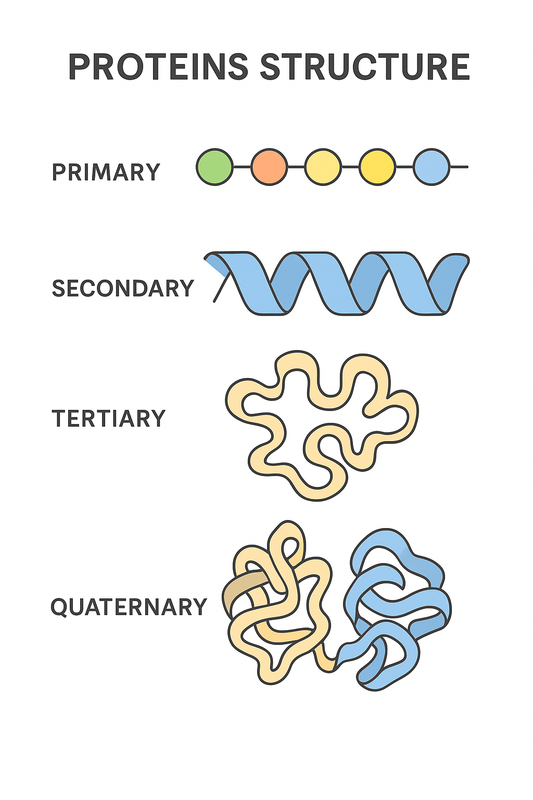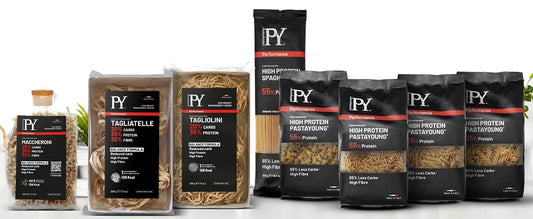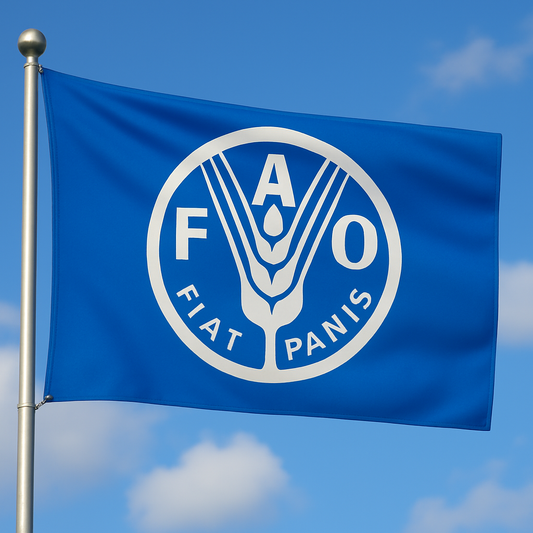
Embracing the Future of Food: Top Food Trends to Watch in 2024
Share
1. Edible Insects: A Protein Powerhouse
Edible insects, once considered exotic or unappealing, are slowly gaining mainstream acceptance as a sustainable and nutritious food source. Rich in protein, vitamins, and minerals, insects offer a compelling alternative to traditional protein sources. With growing awareness of their environmental benefits and culinary potential, insects are expected to become increasingly popular in appetizers, main courses, and snacks.
2. Fermentation: A Culinary Revival
The ancient practice of fermentation is experiencing a resurgence, adding depth, complexity, and probiotic benefits to our diets. From kimchi and sauerkraut to kombucha and tempeh, fermented foods are not only delicious but also contribute to gut health and overall well-being. Expect to see more innovative fermented products and dishes in 2024, reflecting a growing appreciation for the unique flavors and health benefits of these fermented delicacies.
3. Plant-Based Innovation: Beyond Meat
The plant-based movement is expanding beyond meat alternatives, as chefs and food innovators explore the culinary potential of plant-based ingredients. Expect to see more creative plant-based dishes that blur the lines between meat and vegetable-based cuisine. This trend reflects a growing desire for more sustainable and ethical food choices.
4. Locally Sourced and Foraged Ingredients: A Connection to Community
The demand for locally sourced and foraged ingredients is on the rise, as consumers seek out fresh, seasonal, and flavorful produce. This trend aligns with a broader movement towards supporting local farmers and economies. Expect to see more restaurants featuring hyperlocal ingredients, showcasing the unique flavors and terroir of their region.
5. Culinary Upcycling: A Waste-Prevention Initiative
Culinary upcycling is gaining momentum as a way to reduce food waste and transform unconventional ingredients into delicious dishes. This trend encourages chefs to utilize scraps, trimmings, and underused parts of fruits, vegetables, and other foods. Upcycled ingredients can add interesting textures, flavors, and nutrients to dishes, while also reducing food waste and environmental impact.
6. Personalized Nutrition: Food Tailored to Our Needs
Personalized nutrition is gaining traction as consumers seek food that is tailored to their individual health needs and preferences. This trend is driven by technological advancements in nutrition science and the growing availability of data-driven insights into our dietary habits. Expect to see more restaurants and food companies offering personalized nutrition plans and meal options, catering to individual dietary restrictions, allergies, and health goals.
7. Culinary Collaborations: Breaking Down Culinary Barriers
Chefs and food innovators are increasingly collaborating across cultures and cuisines, blurring the lines between traditional culinary boundaries. These collaborations lead to innovative dishes that showcase the diversity of flavors and techniques from different cultures. Expect to see more fusion dishes, pop-up events, and culinary experiences that celebrate cross-cultural culinary exchange.
8. Sustainable Gastronomy: Protecting Our Planet
Sustainable gastronomy is becoming increasingly important as consumers become more aware of the environmental impact of food production. This trend encourages chefs to minimize their environmental footprint by sourcing local ingredients, reducing food waste, and using sustainable cooking methods. Expect to see more restaurants incorporating sustainable practices into their operations and menus, promoting a more environmentally conscious approach to food.

9. Functional Foods Take Center Stage
Consumers are becoming more conscious of their health, and this has led to the rise of functional foods. In 2024, we'll see an influx of ingredients packed with health benefits, from adaptogens to superfoods. Restaurants and food brands will incorporate these functional ingredients, including edible insects, into their menus, offering not only delicious but also nutritionally enriched options.
10. Zero-Proof Mixology
The demand for sophisticated non-alcoholic beverages is on the rise, and mixologists are stepping up to the challenge. Zero-proof mixology, featuring crafted alcohol-free cocktails with complex flavors and unique ingredients, will be a hot trend in 2024. Whether you're abstaining or simply looking for a refreshing alternative, zero-proof cocktails are set to become a staple on drink menus, perhaps even featuring insect-inspired infusions.
11. Tech-Infused Dining Experiences
Technology and food will intertwine like never before in 2024. From augmented reality menus to smart kitchen appliances, the dining experience will be enhanced by cutting-edge technology. Restaurants will leverage data to personalize menus, while virtual dining experiences will bring people together in unique and immersive ways.
As we embark on the year 2024, these emerging food trends are poised to shape our culinary landscape. From adventurous insect cuisine to innovative plant-based creations, these trends reflect our growing desire for sustainable, nutritious, and flavorful food experiences.




